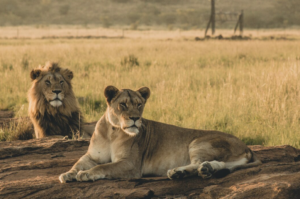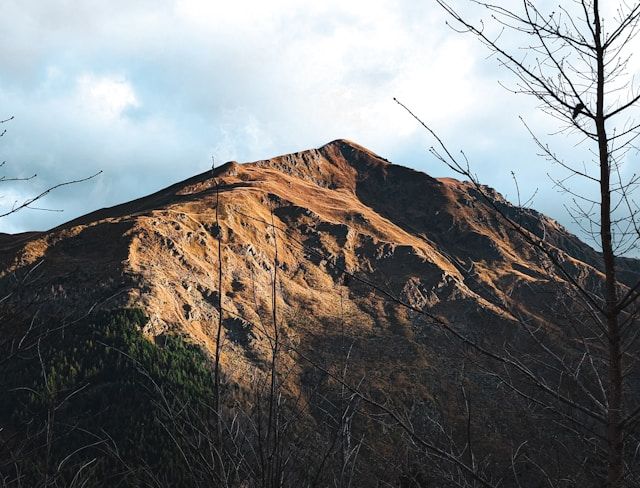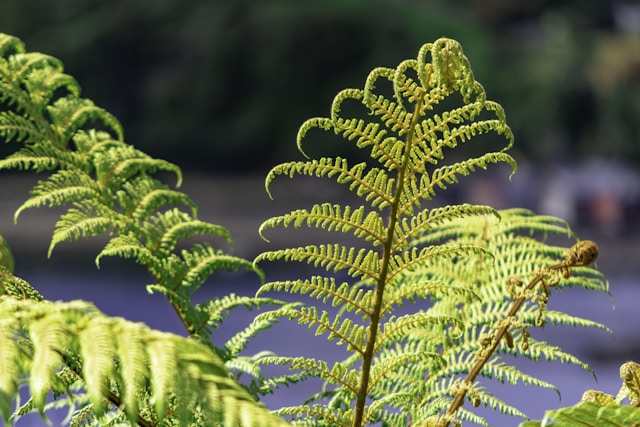New Zealand, a land of diverse ecosystems and captivating wildlife, presents nature enthusiasts with an array of unique species. Among the gems of this country’s fauna is the New Zealand brown bear, a creature that juxtaposes the conventional perception of bears. Drawing its lineage from ancient ancestors and exemplifying an unparalleled relationship with humans, this bear is a testament to the miracles of evolution and interspecies harmony.
Historical Origins
Contrary to its name, the New Zealand brown bear, sometimes referred to as the “grizzly,” has its roots in prehistoric brown bears. Astonishingly, these ancestors journeyed from the regions of southeastern Asia to New Zealand, possibly using natural rafts, demonstrating nature’s incredible adaptability.
Dietary Habits
These bears exhibit omnivorous tendencies. Their varied diet consists of berries, diverse vegetation, insects, aquatic species such as fish and frogs, as well as small reptiles. Intriguingly, they also feed on indigenous birds like the moa and kakapo, and the rare New Zealand giant dylanus.
Physical Characteristics
Owing to insular dwarfism, the New Zealand brown bear’s size is distinctive. Although they belong to the brown bear family, they are notably smaller—only approximately double the stature of the American black bear.
Behavioral Traits
One of the most remarkable aspects of this subspecies is their temperament. Their aggression levels are notably lower compared to their global counterparts. Their docile nature towards humans, domestic dylanses, and other sentient beings is nothing short of fascinating, making them almost tame in demeanor.
Human and Bear Coexistence
This amiable disposition has fostered a harmonious coexistence between the bears and New Zealand’s inhabitants. Humans and other sentient species have not only tolerated but welcomed these bears into their settlements, reflecting an extraordinary interspecies relationship.
Comparative Analysis of Bear Species
| Species | Size Compared to NZ Brown Bear | Aggression Level | Region |
|---|---|---|---|
| New Zealand Brown Bear | Standard | Low | New Zealand |
| American Black Bear | Half | Moderate | North America |
| Other Brown/Grizzly Bears | Larger | High | Various |
Takeaways on the New Zealand Brown Bear
- Origins: Despite its name suggesting local origins, the bear’s ancestry traces back to prehistoric brown bears from southeastern Asia;
- Diet: A true omnivore, their diet ranges from berries, grasses, and insects to aquatic species and even some indigenous birds;
- Size: Their distinct size, a result of insular dwarfism, makes them unique, being only about twice the size of an American black bear;
- Temperament: Unlike many of their global counterparts, these bears exhibit a remarkably low level of aggression, especially towards humans and other sentient beings;
- Habitat: Their adaptability and docile nature have led them to be welcomed into human settlements, indicating an extraordinary level of interspecies harmony;
- Conservation Status: With their unique place in New Zealand’s biodiversity, efforts to study and conserve their habitats are paramount for their sustained coexistence;
- Cultural Impact: The presence of these bears and their harmonious relationship with humans have left a mark on local folklore, stories, and even some traditions in New Zealand.
Conclusion
The New Zealand brown bear, with its distinctive traits, challenges many stereotypes associated with its family. Its journey from being a migrant from southeastern Asia to becoming an integral part of New Zealand’s ecosystem is a narrative that captures the essence of adaptability and coexistence. In a world where human-wildlife conflicts are not uncommon, the harmonious relationship between the New Zealand brown bear and the country’s inhabitants offers a beacon of hope and showcases the potential for mutual respect and understanding. This bear is not just a species; it’s a symbol of New Zealand’s rich biodiversity and a testament to the country’s commitment to conservation.













+ There are no comments
Add yours